Light pollution 'causes spring to arrive a week early'
Trees bud in urban areas up to 7.5 days before they appear in the countryside, says major new report
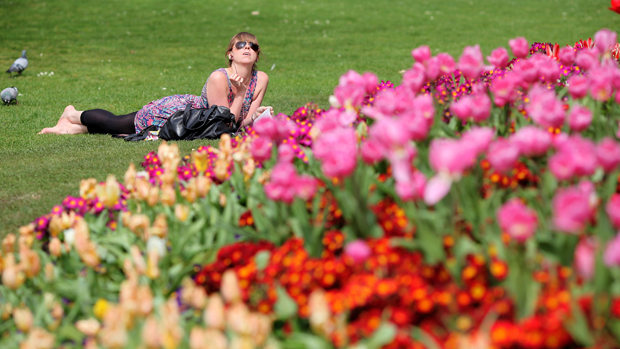
A free daily email with the biggest news stories of the day – and the best features from TheWeek.com
You are now subscribed
Your newsletter sign-up was successful
Light pollution causes spring to arrive a week early in some areas of the UK, according to a new report.
Published in Proceedings of the Royal Society B, the first significant examination of how light pollution affects plants reports that leaves appear on trees up to 7.5 days earlier in areas heavily affected by light.
The researchers, from the University of Exeter and Cornwall College Newquay, say this is likely to have a "knock-on effect on the life cycles of insects and birds that live in sync with the trees", The Guardian reports.
The Week
Escape your echo chamber. Get the facts behind the news, plus analysis from multiple perspectives.

Sign up for The Week's Free Newsletters
From our morning news briefing to a weekly Good News Newsletter, get the best of The Week delivered directly to your inbox.
From our morning news briefing to a weekly Good News Newsletter, get the best of The Week delivered directly to your inbox.
"If the oak tree buds earlier, [moth caterpillars] will be feeding on leaves full of tannins and they won’t grow correspondingly," project leader Professor Richard Ffrench-Constant told The Independent. "And there will be less food for the songbirds."
The results indicate a need for "experimental investigation into the impact of artificial night-time lighting on phenology and species interactions", he said, suggesting the introduction of less harmful LED lighting in urban environments.
Light pollution has already been shown to have an effect on the behaviour of animals. Street lighting causes some species of songbird to start chirping well before their natural "dawn chorus", disrupting their mating rituals, says a 2010 study published in Current Biology.
Birds nesting near street lights also exhibit higher stress levels, The Guardian reported last year, making it more likely they will flee their nest and abandon their young.
A free daily email with the biggest news stories of the day – and the best features from TheWeek.com
Migratory birds can become confused in areas with high levels of light pollution and lose their navigation sense, interrupting their migration patterns and sometimes causing collisions with buildings.
-
 The ‘ravenous’ demand for Cornish minerals
The ‘ravenous’ demand for Cornish mineralsUnder the Radar Growing need for critical minerals to power tech has intensified ‘appetite’ for lithium, which could be a ‘huge boon’ for local economy
-
 Why are election experts taking Trump’s midterm threats seriously?
Why are election experts taking Trump’s midterm threats seriously?IN THE SPOTLIGHT As the president muses about polling place deployments and a centralized electoral system aimed at one-party control, lawmakers are taking this administration at its word
-
 ‘Restaurateurs have become millionaires’
‘Restaurateurs have become millionaires’Instant Opinion Opinion, comment and editorials of the day
-
 Richard Branson’s Virgin Galactic and Jeff Bezos’s Blue Origin: the new space race?
Richard Branson’s Virgin Galactic and Jeff Bezos’s Blue Origin: the new space race?Speed Read Branson has declared space open for business. Is that still a pie in the sky?
-
 Russia and China joining forces to build first Moon base
Russia and China joining forces to build first Moon baseSpeed Read Lunar pact represents ‘all kinds of security threats’ to UK and US, expert warns
-
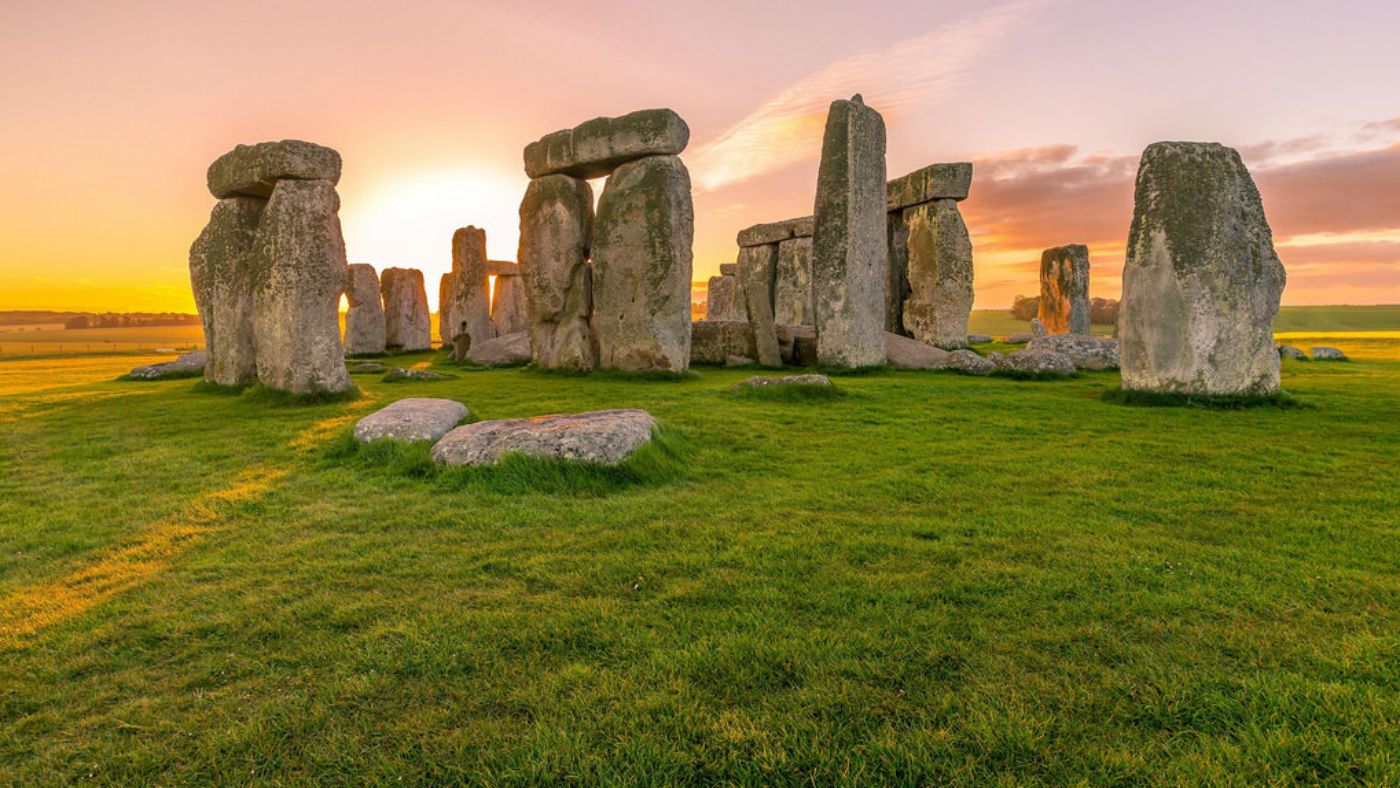 Mystery of where Stonehenge stones came from finally solved
Mystery of where Stonehenge stones came from finally solvedSpeed Read But how the builders moved the huge stone megaliths to the Salisbury site remains a mystery
-
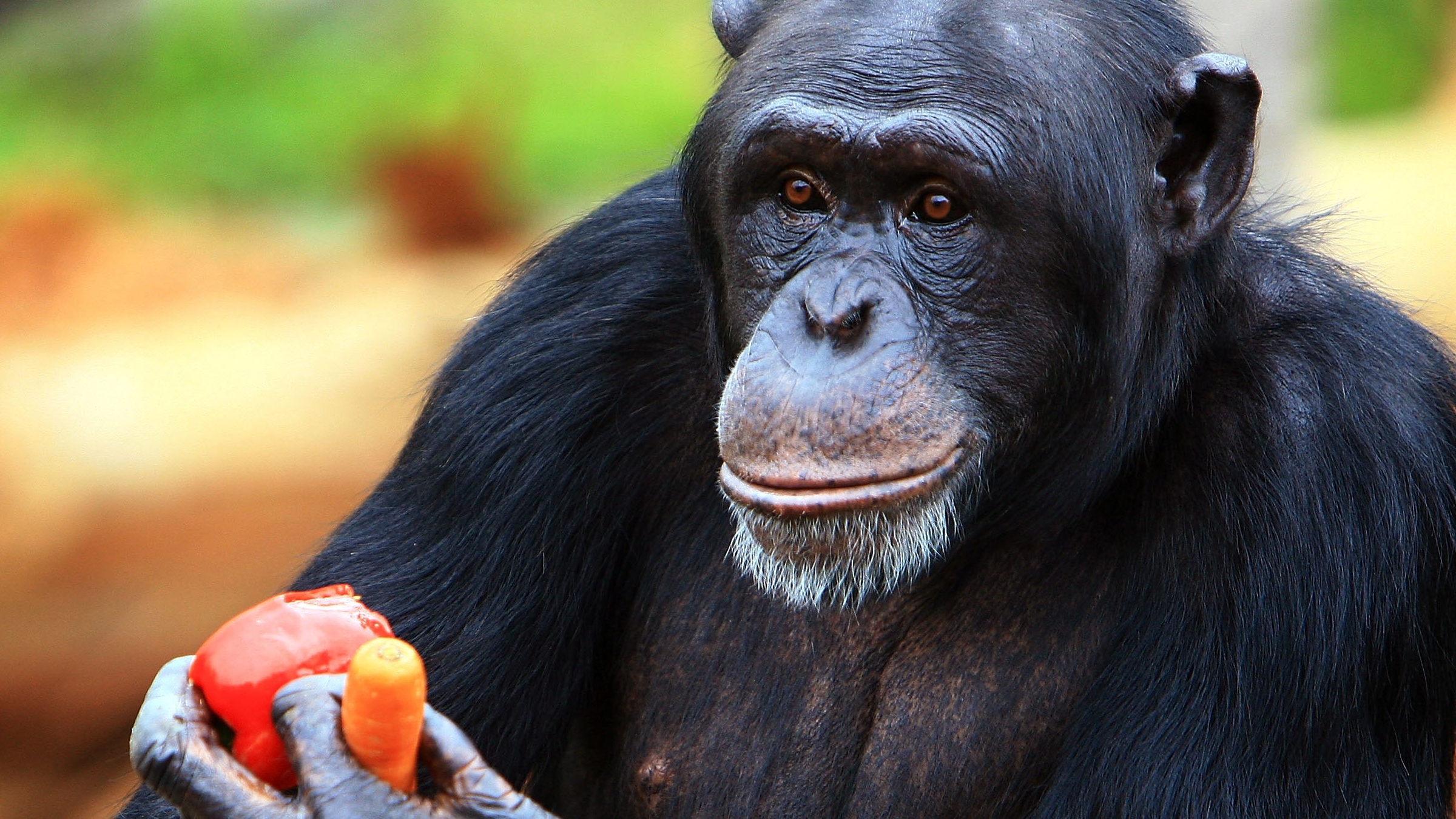 How chimpanzee ‘lip smacking’ can unlock mystery behind human speech
How chimpanzee ‘lip smacking’ can unlock mystery behind human speechSpeed Read New study reveals rhythm of great apes’ communications is identical to spoken language
-
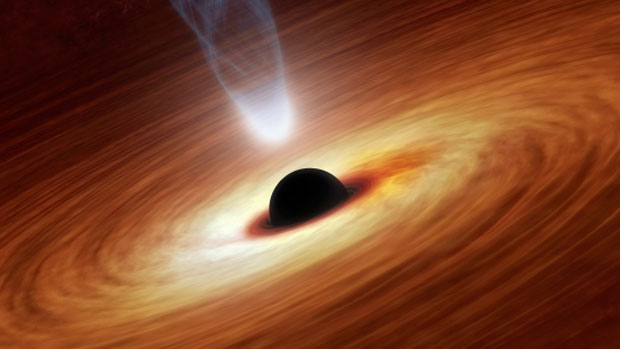 Scientists discover new variety of black hole
Scientists discover new variety of black holeSpeed Read Astronomers had previously missed entire class of dead star
-
 Trio win Nobel physics prize for work to understand cosmos
Trio win Nobel physics prize for work to understand cosmosSpeed Read The scientists were hailed for ‘ground-breaking’ discoveries
-
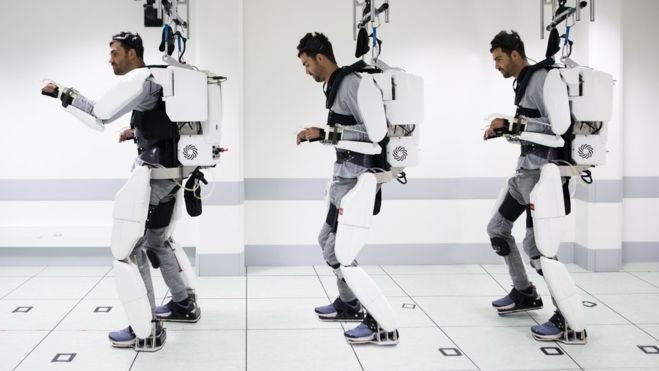 Quadriplegic man walks using mind-reading robotic exoskeleton
Quadriplegic man walks using mind-reading robotic exoskeletonSpeed Read Robo-suit hailed as huge step forward for paralysed patients
-
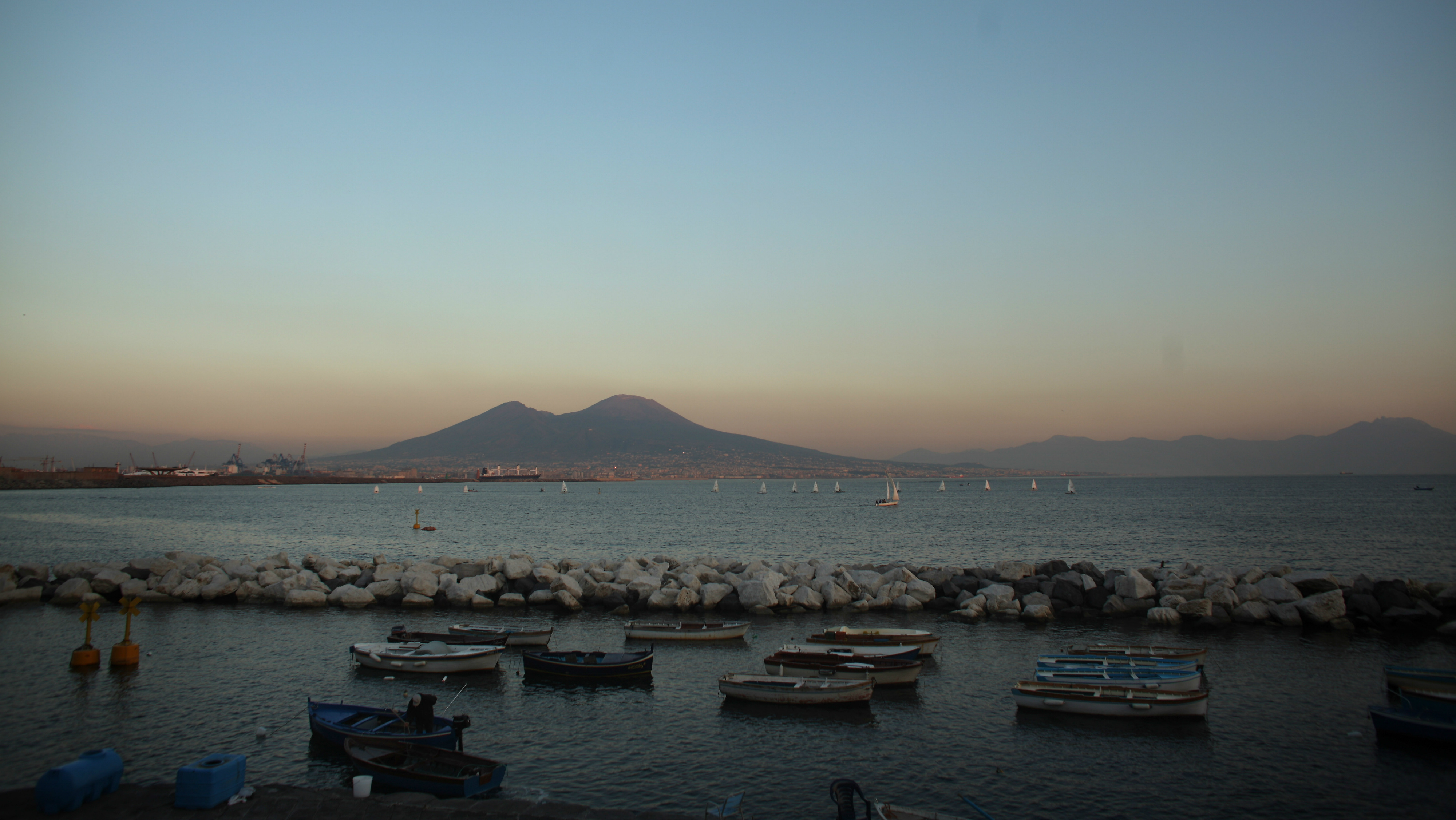 Will ancient scrolls damaged by Vesuvius be read again?
Will ancient scrolls damaged by Vesuvius be read again?Speed Read Scientists believe they have developed technology to see what is on the famous scrolls